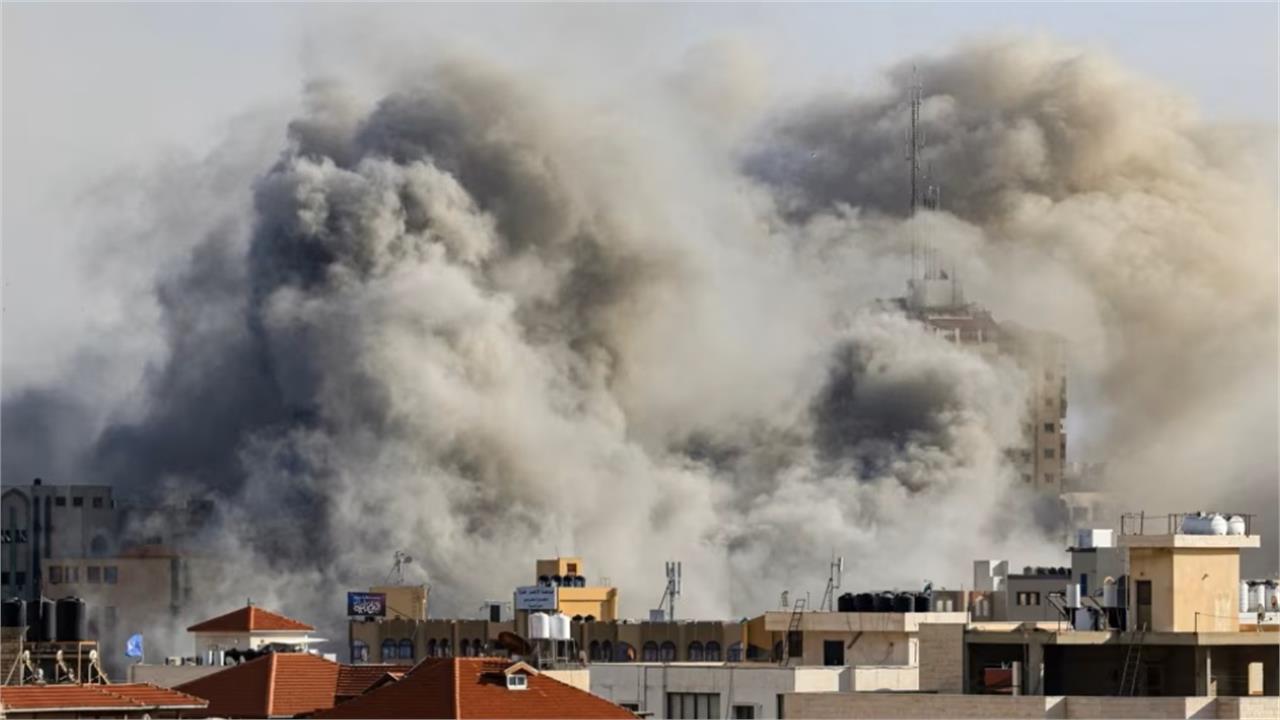For months, oil markets did not seem to be pricing in the prospect that Israel’s multifront battle against Iran and its regional proxies might disrupt global supplies. As a matter of fact, the front-month Brent crude futures price has fallen about 20%, from roughly $90/bbl when Tehran and Tel Aviv last confronted one another directly in mid-April, to a little less than $72/bbl at the end of September. In early October, Iranian missile attacks—and muddled White House comments on potential Israeli strikes on Iranian oil infrastructure—produced the sharpest oil price rise in two years. More specifically, Brent surged approximately 10% or a little more than $7/bbl, and on October 7 it reached an intraday peak north of $81/bbl. Yet even in this febrile environment, the market is not panicking. Since then, international oil prices have retreated further, with Brent now trading at about $75/bbl.
For months, oil markets did not seem to be pricing in the prospect that Israel’s multifront battle against Iran and its regional proxies might disrupt global supplies. As a matter of fact, the front-month Brent crude futures price has fallen about 20%, from roughly $90/bbl when Tehran and Tel Aviv last confronted one another directly in mid-April, to a little less than $72/bbl at the end of September. In early October, Iranian missile attacks—and muddled White House comments on potential Israeli strikes on Iranian oil infrastructure—produced the sharpest oil price rise in two years. More specifically, Brent surged approximately 10% or a little more than $7/bbl, and on October 7 it reached an intraday peak north of $81/bbl. Yet even in this febrile environment, the market is not panicking. Since then, international oil prices have retreated further, with Brent now trading at about $75/bbl.
The escalating turmoil in the Middle East threatens to reshape global energy markets, yet oil prices remain curiously stable. IENE’s current Monthly Analysis, which is available here, examines in detail the factors keeping oil prices in check, and will discusses scenarios that could disrupt markets while analysing how the widening conflict might impact global LNG supplies.
There is no doubt that the prospect of an all-out war in the Middle East has increased after Iran launched a massive missile attack on Israel on October 1. Israel has threatened retaliation, followed by continuous air strikes against Lebanon, fueling concerns of a disruption to the flow of oil and gas from the energy-rich region. Global oil prices have already soared 9% since Iran’s attack, which came amid Israel’s year long war in the Gaza Strip and its invasion of southern Lebanon later. A full-scale conflict between Israel and Iran could upend the global energy supply and send shock waves throughout the global economy, energy experts warn. A major disruption of regional oil and gas exports is likely to have a material impact on the global economy.




